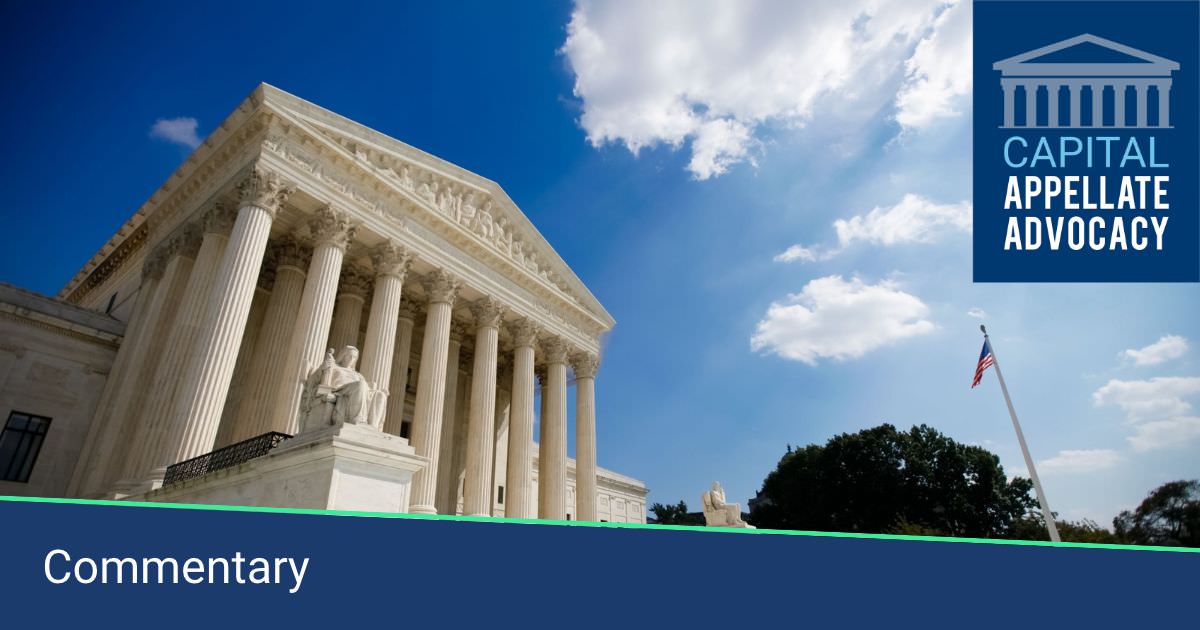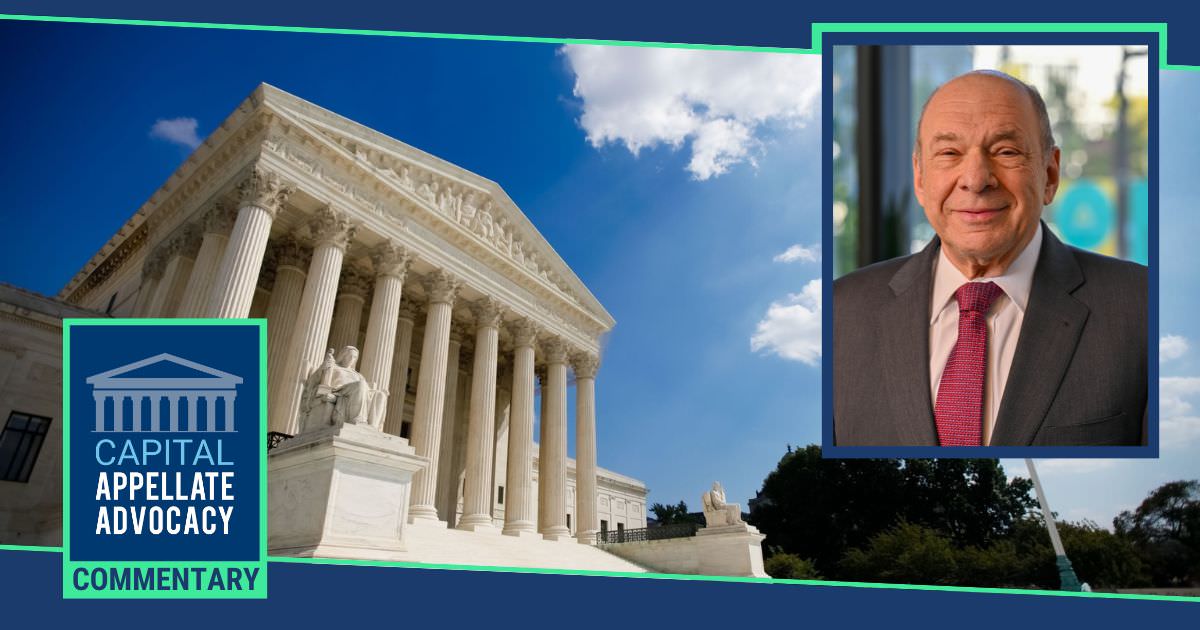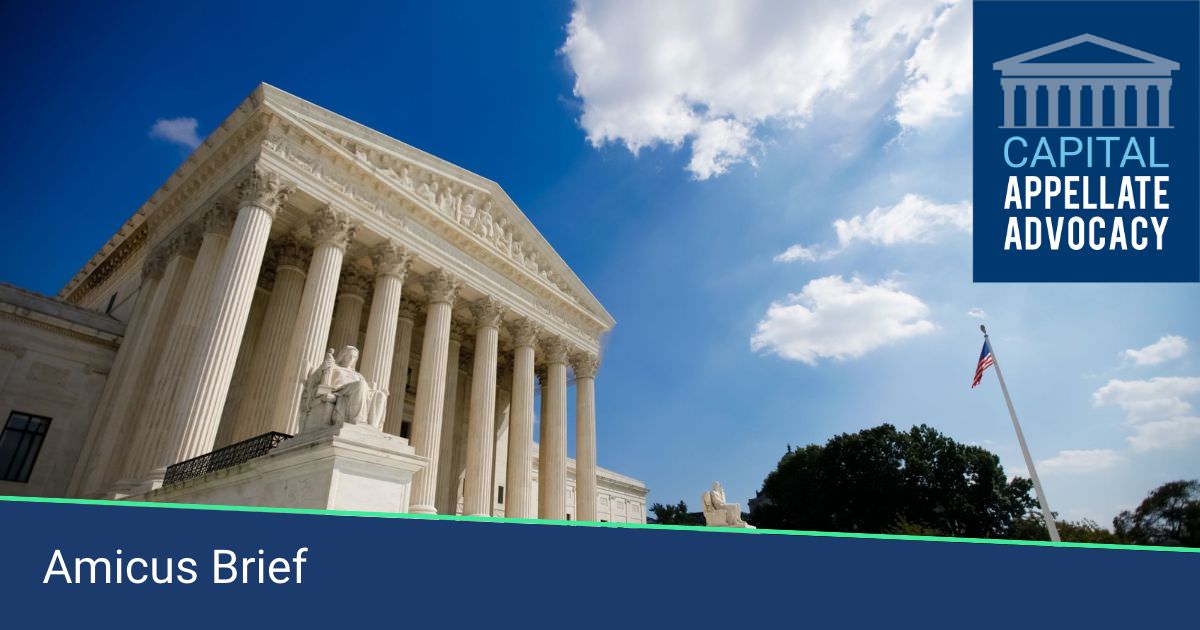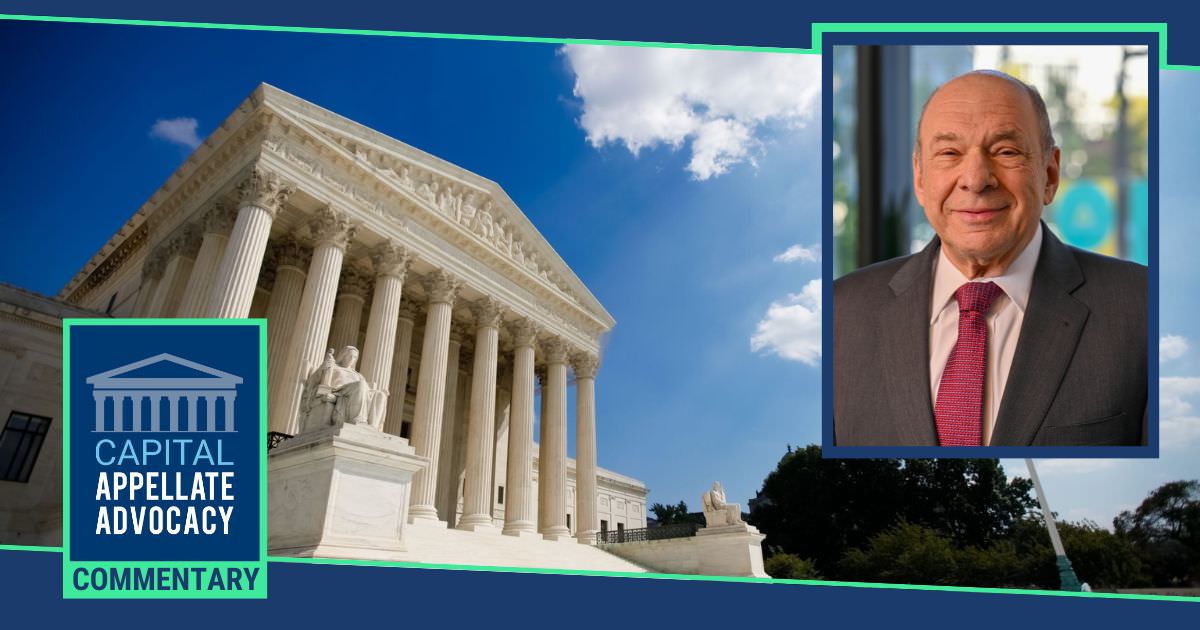Two Supreme No-Brainers
On June 5 the Supreme Court issued two unanimous opinions that are elegantly straightforward. In Town of Chester, New York v. Laroe Estates, Inc., the Court held that an intervenor of right under Federal Rule of Civil Procedure 24(a)(2) must meet Article III standing requirements in order to pursue relief (such as a separate money […]
Two Supreme No-Brainers Read More »




